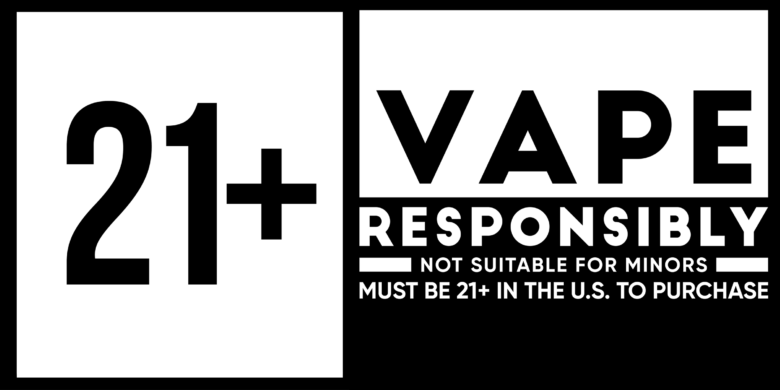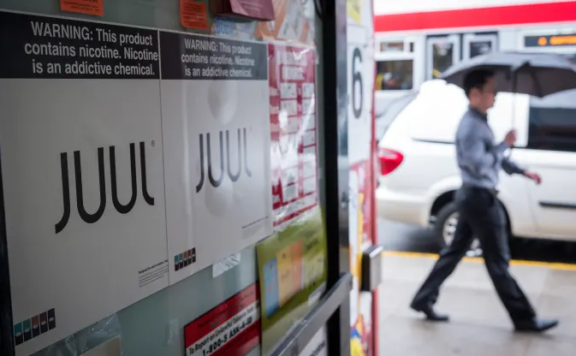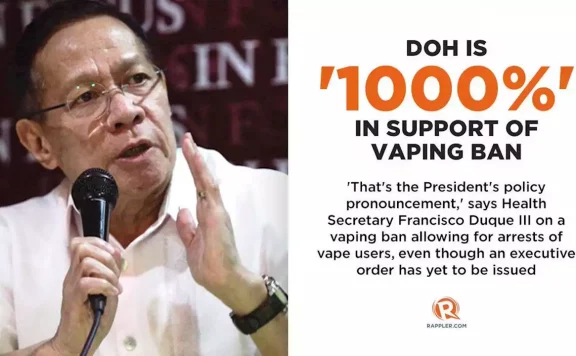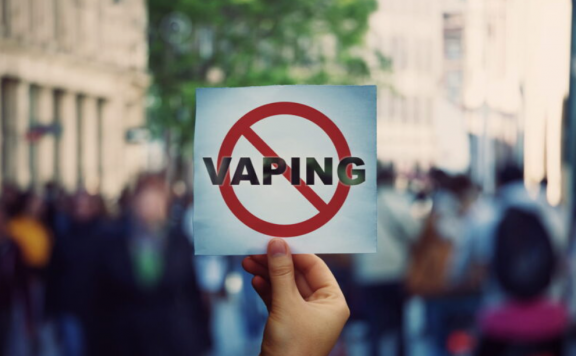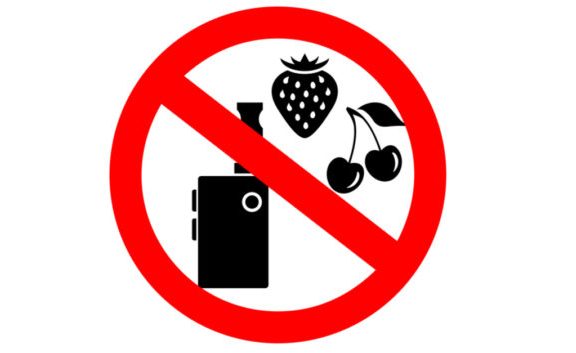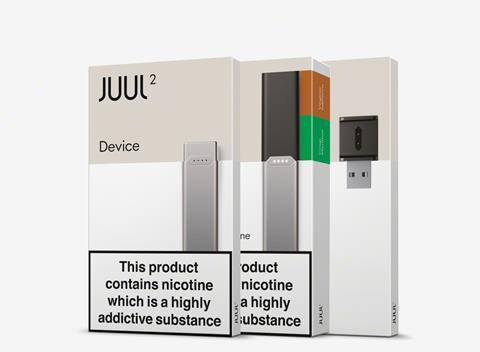Experts believe implanting laws regarding vaping should be prioritized as young vapers using e-cigarettes are exceeding in numbers.
The federal government is being called upon by the Cancer Council Australia to take stricter actions on the revelation of new facts in the NHMRC’s or National Health and Medical Research Council’s updated research.
The council released a statement on Thursday that e-cigarettes have been found to be harmful to the human body, with little evidence of them being assistance for smokers in quitting.
After COVID-19, e-cigarettes can be the next big health issue if a proper vape law is not enforced, says Paul Kelly, a Chief Medical Officer in Australia.
Libby Jardine, an expert on tobacco control, believes existing laws must be enforced to stop unlawful imports of nicotine electronic cigarettes through the borders of Australia.
The chair of the Cancer Council’s tobacco issue committee believes that an epidemic of electronic cigarettes has been created among people of a young age due to weak law enforcement and an absence of a proper vape law. She called on the Australian government to put an end to all this and uphold public health.
She wants the government to take further action in implementing a vape law that can properly deal with the mounting evidence against e-cigarettes piling up with the council.
Ms. Jardine demands that e-cigarettes should only be allowed for use by people having a doctor’s prescription. Such people are the ones who are trying to quit smoking. A vape law can be the right move at this time.
She also demanded to ban all e-cigarettes with no nicotine as they attract children and harm their health while challenging the devices for legal control of nicotine.
It is believed that various industries are involved in this drive to produce new addicts of nicotine and multiply their wealth, and the tobacco industries are active members of this clan.
Juul, a vape product selling company, has been ordered to withdraw all of its e-cigarettes from the markets in the US by the FDA. This comes as an effort to bring the vaping industry to comply with the law after many delays in regulatory matters. In addition, the FDA thinks Juul may have been an active role player in airing teenage vaping to the extent of disproportionality.
According to Anne Kelso, a professor and CEO at NHMRC, 20% of youngsters aged 18 to 24 have experienced vaping or e-cigarettes at least once, none of whom have ever smoked.
In an interview with AAP, Mark Butler, the Australian Health Minister, talked about the concerns and risks posed to public health by electronic cigarette devices, as mentioned in the statement by NHMRC.
He also questioned why the national tobacco strategy was not finalized and why the former government led by Scott Morrison was unable to complete the strategy.
Looking at the scenario, the idea of a vape law can be easily considered by all concerned and finalize a feasible product for the betterment of the nation.

